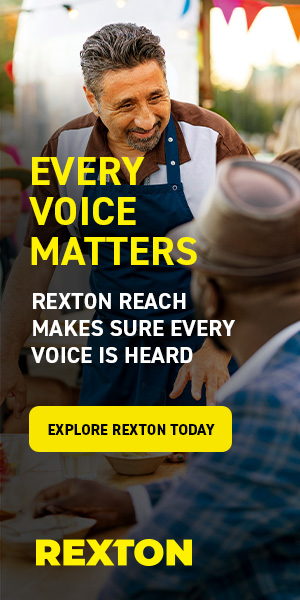
In addition to the permanent videophone kiosk located in the main hospital's lobby, there are now two mobile VP-200ss on carts for use by deaf and hard-of-hearing patients, families or staff.
The VP-200s, combined with Sorenson Video Relay Service (SVRS), connect deaf and hard-of-hearing individuals to a nationwide network of ASL interpreters who facilitate conversations for them with hearing individuals by way of the videophone. This video relay service is a breakthrough for many deaf and hard-of-hearing individuals because it allows them to use their own native language—ASL.
The VP-200s can be used anywhere in the hospital with an open and active port, including offices, all patient rooms, surgery waiting rooms, the Comprehensive Cancer Center, C.S. Mott Children's and the Women's Hospital.
"These videophones have revolutionized communication," says Christa Moran, sign language interpreter for Interpreter Services at UMHS. "Prior technology, such as TTDs [Telecommunication Devices for the Deaf], did not allow communication to happen as naturally. VPs make it possible for deaf people to speak in their native language."
This addition is part of UMHS Interpreter Services' aim to make the University even more accessible to those hard of hearing. Four additional Sorenson Communications videophones will soon be placed in satellite offices within the Health System.
"Now deaf people can communicate face to face with family, friends, employers, doctors—truly anyone they want to. This is really exciting technology," says Moran. Sorenson Communications, which created the technology, licenses the VP-200s to UMHS as well as to the deaf individuals for their offices and homes.
UMHS's Interpreter Services provides more than 20,000 interpreter interactions every year in approximately 39 languages.
Follow these links for more information about the Sorenson VP-200 videophone, including a demonstration video.
Taken from: www.med.umich.edu

